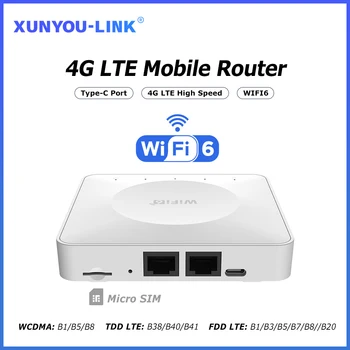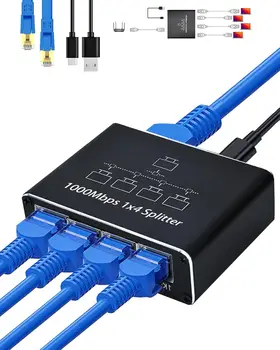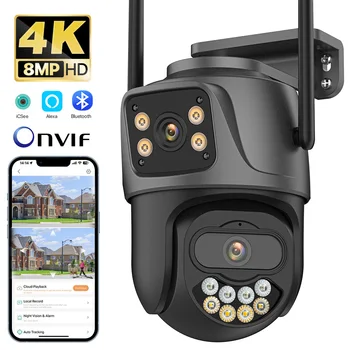American Educational NGOs Supporting Africa

American Educational NGOs Supporting Africa: Evolution, Functions, and Access
In recent years, the role of non-governmental organizations (NGOs) has become increasingly significant in enhancing education in Africa. Many of these organizations are based in the United States and have played a pivotal role in addressing educational inequities on the continent.
This blog post will delve into the evolution, functions, and roles American-based educational NGOs play in enhancing education in Africa. Furthermore, we will explore how individuals and institutions can access their services and provide reliable links to their websites.
Evolution of American Educational NGOs in Africa
They can be traced back to the mid-20th century, a period marked by decolonization and the need for rebuilding educational systems.
Initially, many NGOs began as grassroots movements aiming to provide basic education and literacy programs in rural and underserved areas.
In the 1980s and 1990s, with the influence of globalization, these organizations expanded their scope. They began to incorporate technology into education and shifted towards inclusive educational practices that addressed the needs of disadvantaged populations, including girls, children with disabilities, and orphans.
Today, the landscape is rich with diverse organizations that focus on various aspects of education, from primary to higher education and vocational training.
Key Functions of American Educational NGOs in Africa
American-based educational NGOs undertake several essential functions that collectively aim to enhance educational outcomes in Africa:
1. Providing Funding and Resources: Many NGOs offer financial support to schools, institutions, and educational programs that lack adequate resources. This funding helps with construction, provision of learning materials, and teacher training.
2. Capacity Building: NGOs work to enhance the skills of educators through professional development programs and workshops. This effort is vital to improving the quality of education.
3. Policy Advocacy: Many American educational NGOs engage in advocacy efforts to influence educational policy at both national and local levels. By promoting best practices and evidence-based policies, they aim to create a more conducive environment for learning.
4. Creating Partnerships: NGOs often collaborate with local governments, other NGOs, and community organizations to create a holistic approach to education. These partnerships optimize resource allocation and leverage expertise.
5. Implementing Innovative Educational Programs: With advancements in technology, many NGOs leverage e-learning and other innovative educational models to reach more students, even in remote areas.
Impactful Examples of American Educational NGOs in Africa
1. Teach For All: This global network partners with local organizations to address educational inequity. In Africa, the initiative recruits outstanding graduates to teach in under-resourced schools, aiming to inspire future leaders and innovators.
2. Room to Read: This NGO focuses on literacy and gender equality in education in various African countries. They create libraries, publish local language books, and support girls’ education through mentorship programs.
3. BuildOn: This organization is dedicated to breaking the cycle of poverty and illiteracy through innovative education programs and the construction of schools in some of Africa’s most impoverished communities.
4. Global Partnerships: They provide access to quality education through innovative financing and partnerships aimed at supporting educational initiatives and institutions across Africa.
5. The ONE Campaign: While not solely focused on education, this advocacy organization champions policies that address education as a part of global development initiatives, working in numerous African countries.
How to Access the Services
Accessing services from American-based educational NGOs typically involves the following modalities:
1. Direct Application: Educational institutions, local NGOs, or community groups can often apply for funding or resources directly through the NGO’s website. Each organization has specific guidelines for applications, so it’s vital to follow their instructions carefully.
2. Partnership Formation: Collaborating with an existing local NGO can facilitate access to the resources provided by American organizations. This approach also brings local expertise into the partnership.
3. Volunteer Opportunities: Individuals can volunteer for various educational initiatives offered by these NGOs. This not only helps get firsthand experience in the educational sector but may also provide insights into securing resources for specific projects.
4. Registering for Programs: Many NGOs run programs that are open to students or community members. Interested individuals can often register for various educational initiatives directly through the NGO’s website.
5. Networking: Engaging with local and international educational communities through conferences, workshops, and seminars can lead to valuable connections with NGO representatives.
Conclusion
American educational NGOs serve as vital catalysts in enhancing education in Africa, directly impacting millions of lives. Their evolution from simple literacy efforts to comprehensive educational reform initiatives illustrates a commitment to fostering equitable access to quality education.
By identifying and accessing the services of these NGOs, individuals and institutions can contribute to building a brighter future for Africa through education. For more detailed information and program access, visit their respective websites linked throughout this article.
This extensive overview showcases the important role American-based educational NGOs play in Africa’s educational landscape and how effective collaboration can drive transformative change.
Evolution of Educational Philanthropists
Scholarship Applications in America
Exploring Cognitive Recovery and Learning


Brain’s Language Processing through Reading
Exploring Scholarship in Sweden
Educational Scholarship Trends in Ireland
Neurodiversity in the Workplace: Fostering Inclusivity and Accommodations for Diverse Brains
Parenting the Developing Brain: Nurturing Cognitive Growth in Early Childhood
Workable Hacks to Money Saving for College Students
Evolution of Educational Philanthropists
Comments (0)
Please I would like you to come to my aid and give me some supports to my school


































Leave a comment